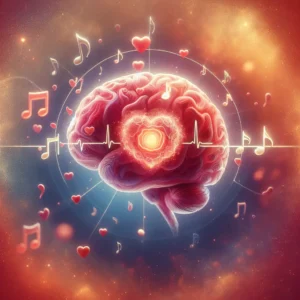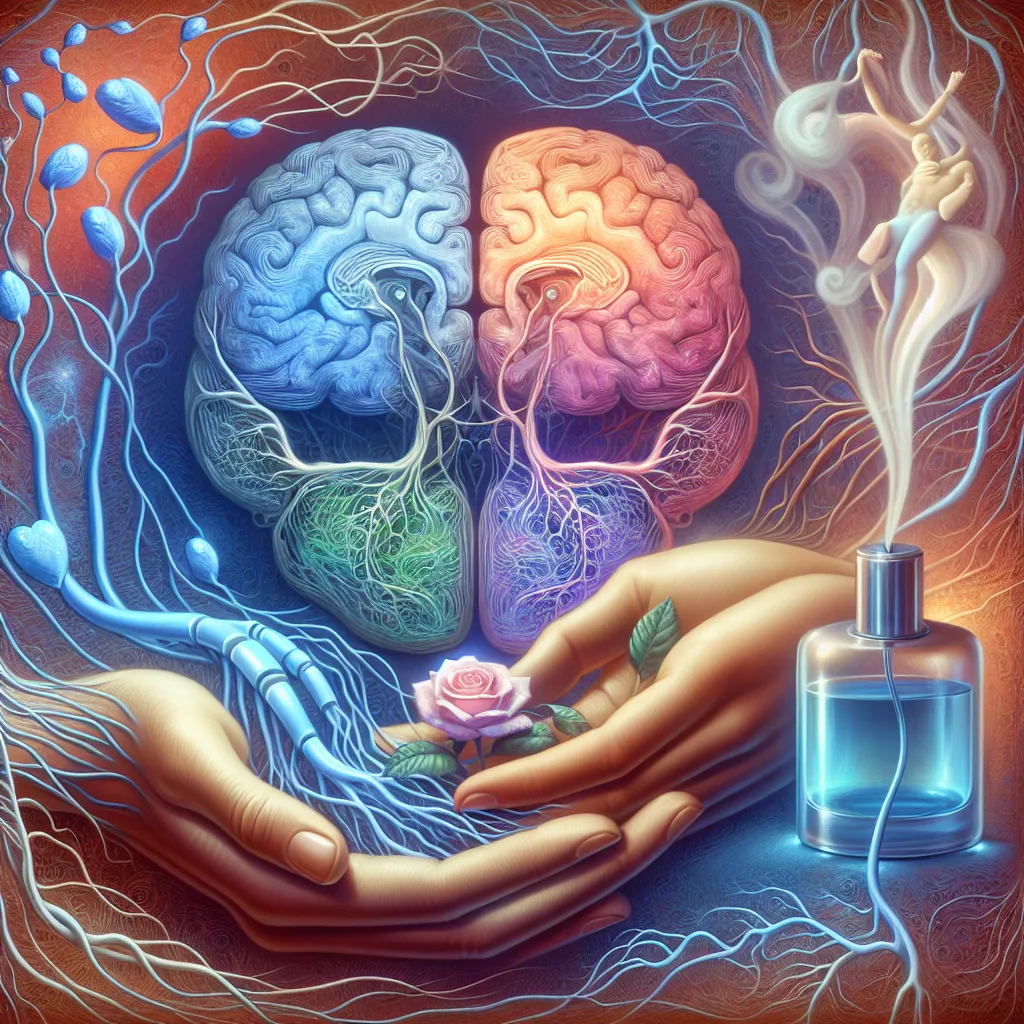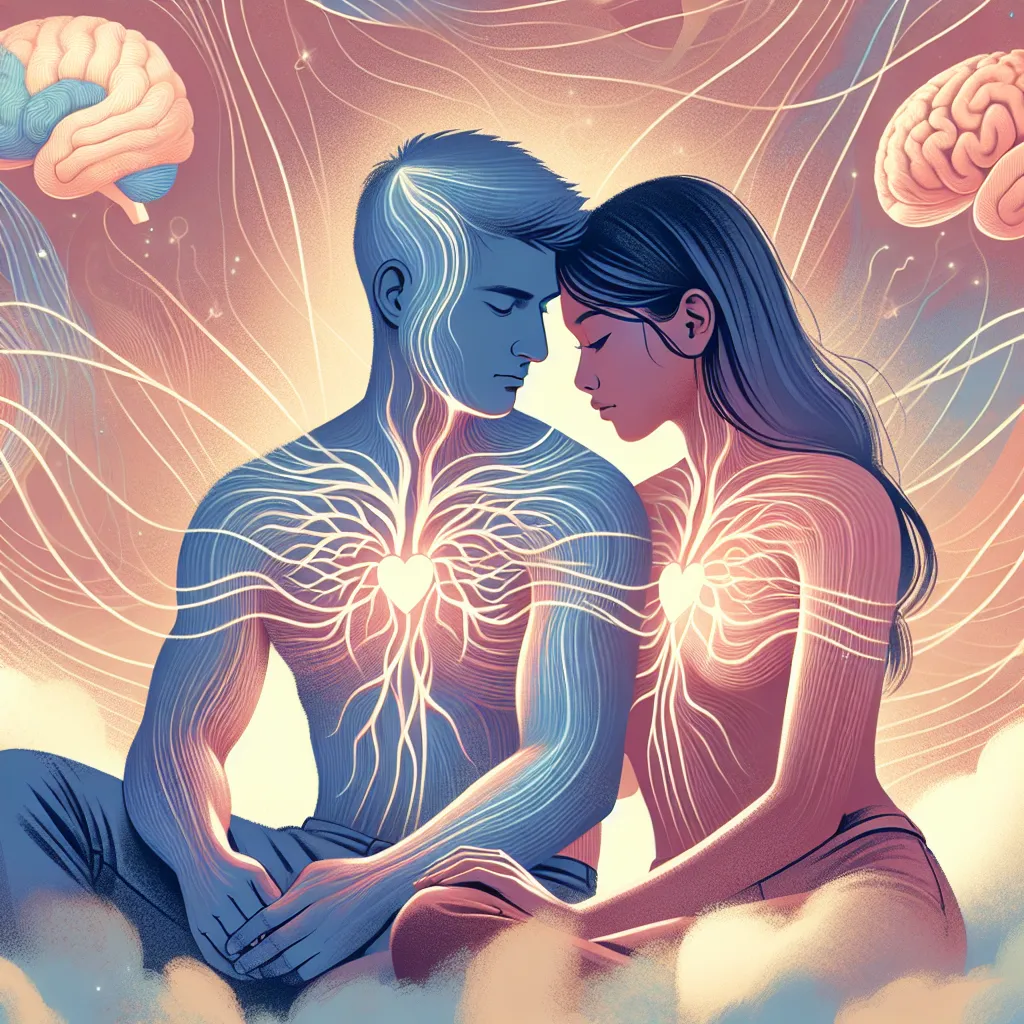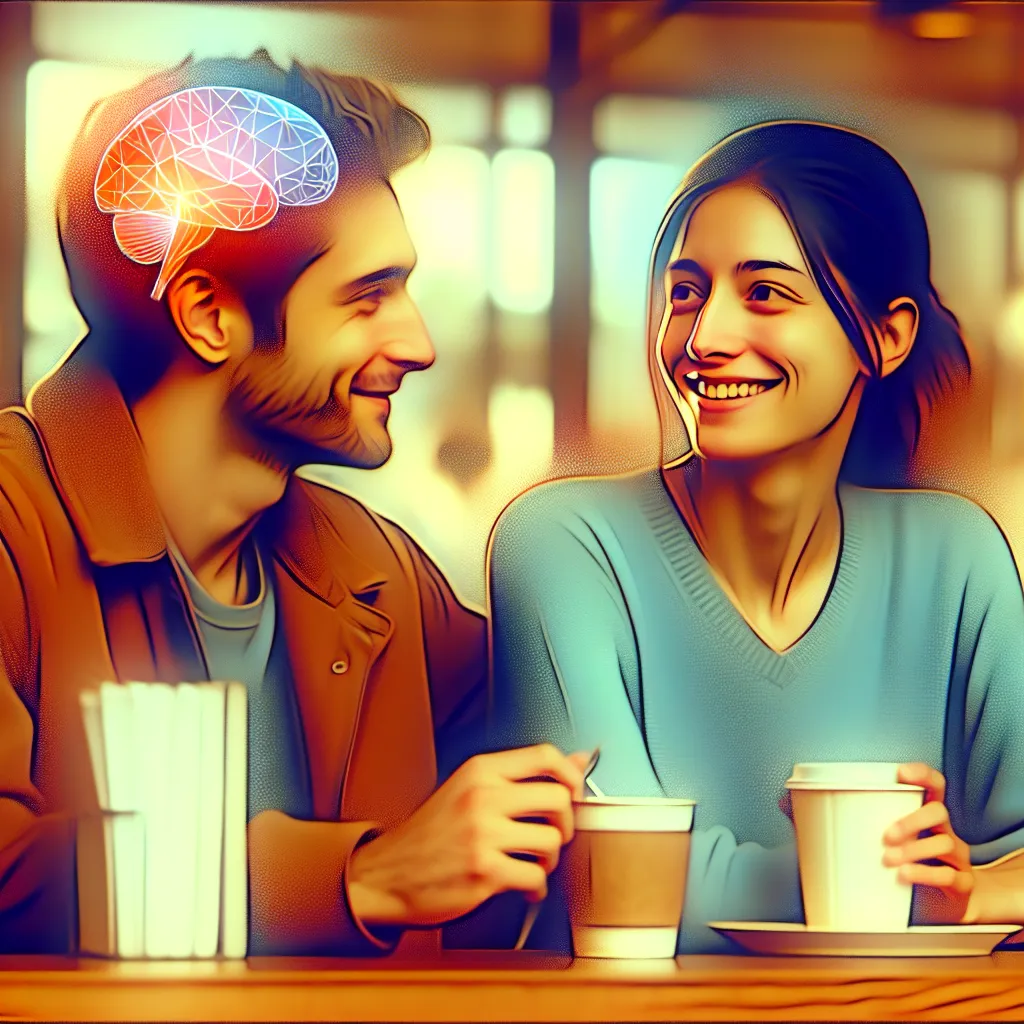Today, we’re diving deep into an intriguing facet of relationships: “How does a specific song intensify romantic obsession through the brain’s emotional circuits?” This article will unravel the intricate relationship between music, memory, and emotion, and how they intertwine to affect our romantic relationships.
The Direct Answer
Music, especially a song tied to specific romantic memories, can intensify romantic obsession by stimulating the emotional circuits in the brain. This occurs due to the strong links between music, memory, and emotion, which are all processed in overlapping neural networks. This activation can trigger intense emotions, including those associated with romantic love, thereby enhancing romantic obsession.
Now, let’s delve into the extensive evidence and details that bolster this answer:
1. Music, Memory, and Emotion: The Interplay
Music is a powerful trigger for memory and emotions. It has the capacity to evoke strong emotional responses, and when linked with specific memories, it can intensify feelings associated with those memories.
A. Music and Memory
Music is closely connected to memory. Songs can serve as potent reminders of specific times, places, and people in our lives — including past romantic relationships.
- Expert Perspectives: According to Petr Janata, a cognitive neuroscientist at the University of California, Davis, “What seems to happen is that a piece of familiar music serves as a soundtrack for a mental movie that starts playing in our head.” This “mental movie” often includes vivid memories associated with the song.
- Psychological Research: Research in the field of music cognition has shown that music can elicit autobiographical memories (Janata et al., 2007). These are memories of specific experiences from our past, often imbued with emotion.
- Real-World Examples: Everyone has experienced the phenomenon of hearing a song and being instantly transported back to a particular moment in time. This often involves a surge of emotions connected to that past experience.
B. Music and Emotion
Music can evoke and intensify emotions, including those tied to romantic relationships.
- Historical Context: Music has been used to express and evoke emotion for centuries. It’s a universal language that speaks directly to our emotions.
- Common Challenges: However, the emotional response to music can be subjective and can vary greatly among individuals. It depends on personal associations, past experiences, mood, and even cultural background.
- Practical Applications: In the context of relationships, this means a specific song can evoke strong romantic feelings in one person while leaving another person unaffected.
C. The Link Between Music, Memory, and Emotion
Music’s ability to trigger memories and evoke emotions is deeply interconnected.
- Expert Perspectives: According to research by Jäncke (2008), music activates areas of the brain involved in both memory and emotion. This includes the amygdala, which is responsible for emotional processing, and the hippocampus, which is involved in memory formation and retrieval.
- Psychological Research: In addition, a study by Janata (2009) found that music evokes autobiographical memories through the activation of the medial prefrontal cortex, a brain region that integrates memory and emotion.
- Real-World Examples: This is why a song associated with a past romantic relationship can stir up both memories and emotions related to that relationship, thereby intensifying romantic obsession.
2. Music and Romantic Obsession: The Neural Connection
Understanding the relationship between music, memory, and emotion lays the groundwork for understanding how a specific song can intensify romantic obsession.
A. The Role of Dopamine
Dopamine, the brain’s “feel-good” neurotransmitter, plays a crucial role in the pleasure we derive from music.
- Music and Dopamine Release: Listening to music we enjoy stimulates the release of dopamine in the brain, leading to feelings of pleasure and reward (Salimpoor et al., 2011).
- Dopamine and Romantic Love: Research has shown that the intense romantic love experienced during the early stages of a relationship is associated with elevated dopamine activity in the brain (Aron et al., 2005).
- The Connection: Thus, a song associated with a romantic partner can stimulate dopamine release, thereby recreating the pleasurable feelings associated with early-stage romantic love and intensifying romantic obsession.
B. The Role of Oxytocin
Oxytocin, another crucial neurotransmitter, also plays a part in the relationship between music and romantic obsession.
- Music and Oxytocin Release: Listening to music, especially music that evokes strong emotions, has been shown to increase oxytocin levels in the brain (Guhn et al., 2020).
- Oxytocin and Romantic Love: Oxytocin is often referred to as the “love hormone” because it plays a key role in the formation and maintenance of romantic relationships (Feldman et al., 2012).
- The Connection: Thus, a song that evokes strong emotions can stimulate oxytocin release, amplifying feelings of romantic attachment and intensifying romantic obsession.
C. The Role of Nostalgia
Nostalgia, a sentimental longing for the past, can intensify romantic obsession when triggered by music.
- Music and Nostalgia: Music is a potent trigger for nostalgic feelings, as it can transport us back to specific moments in our past (Barrett et al., 2010).
- Nostalgia and Romantic Obsession: Research suggests that nostalgia can intensify romantic feelings, especially when it’s linked to positive memories of a past relationship (Wildschut et al., 2006).
- The Connection: Thus, a song associated with a past romantic relationship can evoke a sense of nostalgia, intensifying feelings of romantic obsession.
3. Practical Implications and Future Possibilities
The relationship between music, emotion, and romantic obsession has several practical implications.
A. Understanding Emotional Responses to Music
Understanding why a specific song can intensify romantic obsession can help individuals better understand and manage their emotional responses to music.
- Emotional Awareness: By recognizing the role of music in triggering memories and emotions, individuals can gain greater insight into their emotional reactions and potentially mitigate feelings of romantic obsession.
- Emotional Regulation: Individuals can use this understanding to intentionally use music to regulate their emotions. For example, they might choose to avoid certain songs that trigger unwanted feelings of romantic obsession.
B. Music Therapy
The powerful emotional impact of music can also be harnessed in therapeutic contexts.
- Music Therapy for Relationship Issues: Music therapy can be used to help individuals explore and express emotions related to romantic relationships. This can be especially beneficial for individuals dealing with issues such as romantic obsession.
- Future Research: Future research could explore the potential benefits and applications of music therapy for individuals struggling with romantic obsession.
C. Ethical Considerations
While understanding the relationship between music and romantic obsession can be beneficial, it’s also important to consider the ethical implications.
- Respecting Boundaries: Using music to manipulate someone else’s emotions, especially without their consent, is ethically questionable. It’s important to respect others’ emotional boundaries and autonomy.
- Promoting Healthy Relationships: Understanding the potential for music to intensify romantic obsession can also be used to promote healthy relationships. For example, couples might use music to strengthen their emotional connection, while individuals might use it to gain insight into their feelings and behaviors in relationships.
Conclusion: The Definitive Answer
Music, through its powerful connection to memory and emotion, can intensify romantic obsession. The neural circuits activated by music are the same ones involved in memory and emotional processing. When linked with specific memories, music can trigger intense feelings, including those of romantic love. This, in turn, can enhance romantic obsession.
Key findings include:
– Music and Memory: Music can trigger vivid autobiographical memories, often imbued with strong emotions.
– Music and Emotion: Music can evoke and intensify emotions, including those associated with romantic relationships.
– Music and Romantic Obsession: A song associated with a romantic partner or a past romantic relationship can stimulate the release of dopamine and oxytocin, intensifying feelings of love and attachment.
This understanding of the role of music in romantic obsession is not only fascinating but also provides valuable insights into human emotions and relationships. It highlights the power of music as a trigger for memory and emotion, and underscores the intricate interplay between these elements in our romantic relationships. Importantly, it also opens up potential avenues for therapy and personal growth, offering individuals the tools to better understand and manage their emotional responses to music.



